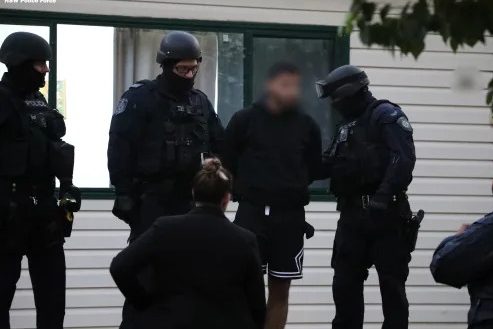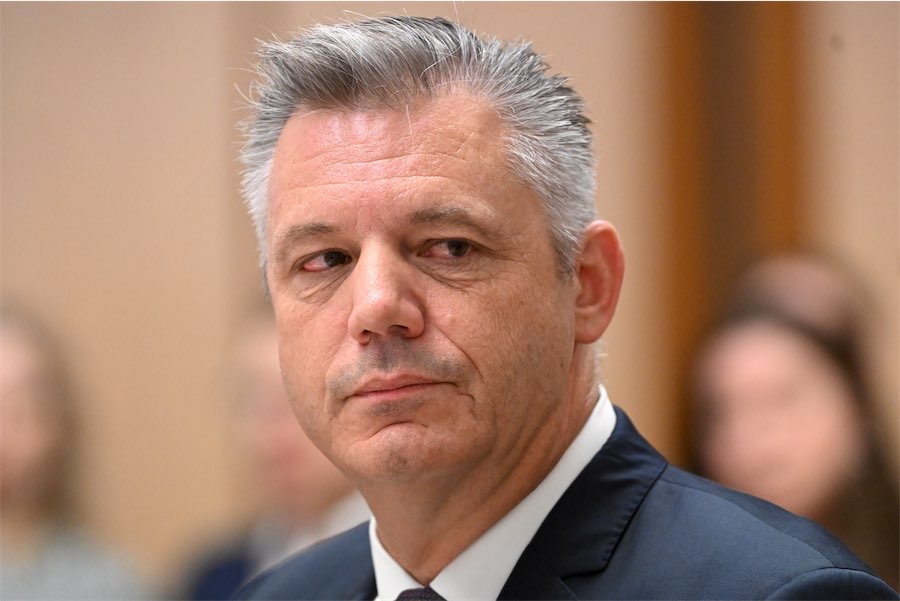THE ACT Human Rights Commission has today (September 13) launched its first cultural safety charter to guide the way it serves the Aboriginal and Torres Strait Islander community.
Launching on the 12th anniversary of the United Nations Declaration on the Rights of Indigenous People (UNDRIP), president and human rights commissioner Dr Helen Watchirs says the charter’s priorities is to provide safe services for Aboriginal and Torres Strait Islander clients.

But she says, public authorities must respect the cultural rights of Aboriginal and Torres Strait Islander peoples, too.
The ACT’s Human Rights Act (HRA) was amended in 2016 by drawing on UNDRIP, to affirm the distinct cultural rights of Aboriginal and Torres Strait Islander peoples.
And while the HRA says public authorities must respect the cultural rights of Aboriginal and Torres Strait Islander peoples, Dr Helen Watchirs says government, authorities and service providers have a long way to go to fully uphold these rights.
“The ACT has one of the highest rates of indigenous incarceration in the country. The ACT also continues to have an unacceptably high level of Aboriginal and Torres Strait Islander children being placed in out-of-home care outside their extended families,” she says.
“We must step into line with other jurisdictions and provide for external review of child protection decisions. Decisions about the care and protection of children and young people can be externally reviewed in most other Australian jurisdictions.”
Dr Watchirs says the new cultural safety charter, launched today, will define cultural safety as providing clients, staff and colleagues with a safe, nurturing and positive environment where people are respected, and cultural rights and spiritual values accepted by Aboriginal and Torres Strait Island peoples are supported by the Commission’s values, processes and policies.
“It is important to note that safe services will be defined by the people receiving the service, and are based on their experiences of the commission’s services,” she says.
“We will continue to listen to Aboriginal and Torres Strait Islander community leaders and clients about whether we are meeting these standards of cultural safety or not.”
Who can be trusted?
In a world of spin and confusion, there’s never been a more important time to support independent journalism in Canberra.
If you trust our work online and want to enforce the power of independent voices, I invite you to make a small contribution.
Every dollar of support is invested back into our journalism to help keep citynews.com.au strong and free.
Thank you,
Ian Meikle, editor





Leave a Reply